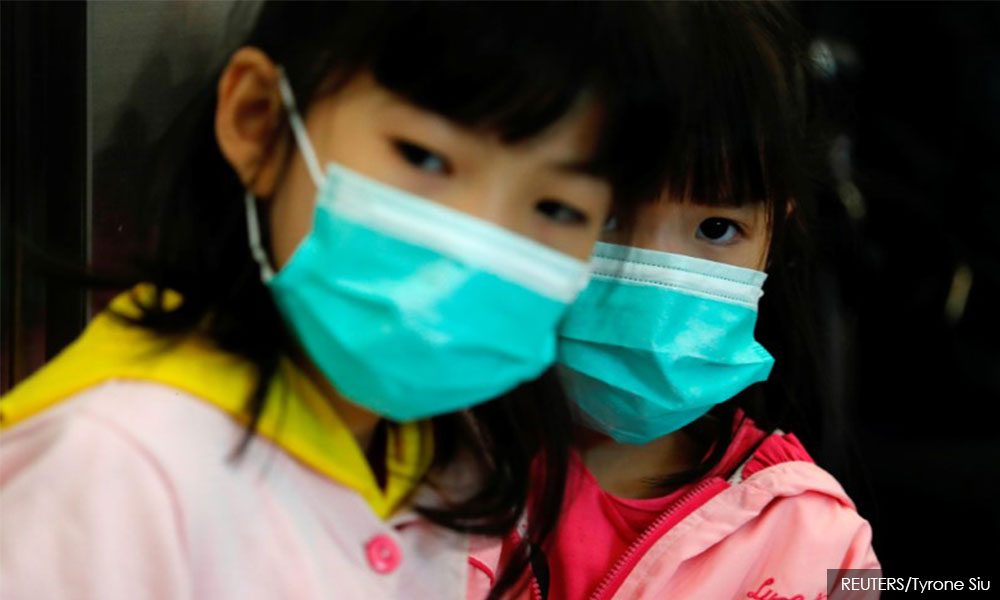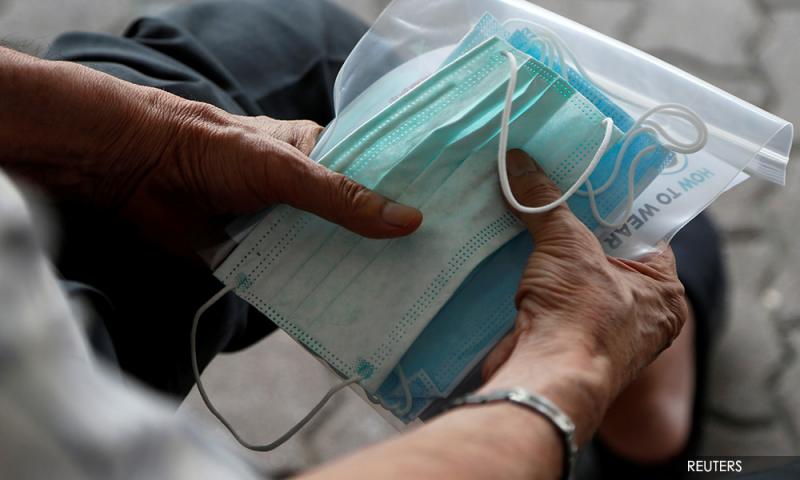Essentials required in 'War against Novel Coronavirus' in public areas
LETTER | With reference to the article published in Channel News Asia (CNA) on 30th Jan 2020, titled "Masks may offer 'false sense of security' against Wuhan virus, say medical experts" I would like to point out that perhaps common sense, which includes good hand hygiene behaviour, might be the best defence against viral illness in public areas.
Depending on the situation, masks can be useful, but not necessarily effective to prevent infection from others but to protect others from getting infected if you are sick.
However, do remember that if a mask had by chance, intercepted viruses that would have otherwise ended up in your body, then the mask is contaminated and might pose more risk to the person who wears it.
The medical mask should cover both nose and mouth. You should not touch your mask while in use. Once you touch your mask you have to perform hand hygiene action thoroughly. Taking off your mask and the proper disposal also requires a specific procedure to prevent contamination.

Moreover, ideally, one should change masks for every outing.
The World Health Organization recommendations are for masks to be used by:
1. People with respiratory symptoms, e.g. cough or difficulty breathing. Including when seeking medical attention;
2. People providing care to individuals with respiratory symptoms;
3. Health workers, when entering a room with patients or treating an individual with respiratory symptoms.
For further reference, an interim guide on the “Advice on the use of masks in the community, during home care and in health care settings in the context of the novel coronavirus (2019-nCoV) outbreak” is available from the World Health Organization.
As such, I agree with Dr Jacqueline Ying-Ru Lo, the World Health Organization's head of mission and representative to Malaysia, Brunei Darussalam and Singapore, that “masks should be used by people who don't feel well and are coughing, so as to protect others”.
Mask hoarders may raise the prospect of shortage, leading to retailers selling them above price ceiling and increasing the risk to those requiring it.
On the other hand, what might be worrisome is the transmission of viruses through fomites. Fomites are inanimate objects, that when contaminated with or exposed to infectious agents, such as viruses, can be the source of infection.
You might unknowingly, and very often, touch surfaces that are contaminated with the virus. You then next, habitually, touch your face or rub your nose – a great way to acquire an infection. The best method in this situation to stop the transmission of infection is by proper hand hygiene.
Hand Hygiene, “Clean care is safer care”, is the first World Health Organization Global Patient Safety Challenge. This not only reduces healthcare-associated infections but it also prevents the spread of infections in public areas.
Proper hand hygiene can be performed by:
Washing your hands with soap and running water when hands are visibly dirty.
Cleaning hands with alcohol-based hand rub or soap and water if your hands are not visibly dirty.
In conclusion, preventative measures against viruses like the novel coronavirus is fairly straightforward and involves basic everyday actions.
Key points for the public to prevent the spread of the Novel Coronavirus (2019-nCoV) are:
Practice proper hand hygiene with an alcohol-based hand rub or soap and water.
Practice respiratory hygiene when coughing and sneezing.
Maintain social distancing of at least 1 metre particularly if you are coughing, sneezing and have a fever.
Avoid touching your face (eyes, nose and mouth).
Avoid consumption of raw or undercooked animal products.
Keep distance from those who are sick.
Stay indoors if you are sick.
Dr Lee Yew Fong is a Doctoral candidate in Biomedicine, Global Health Track, at the University of Geneva, Switzerland. She is also a medical doctor affiliated with the Ministry of Health, Malaysia.
The views expressed here are those of the author/contributor and do not necessarily represent the views of Malaysiakini.
RM12.50 / month
- Unlimited access to award-winning journalism
- Comment and share your opinions on all our articles
- Gift interesting stories to your friends
- Tax deductable
